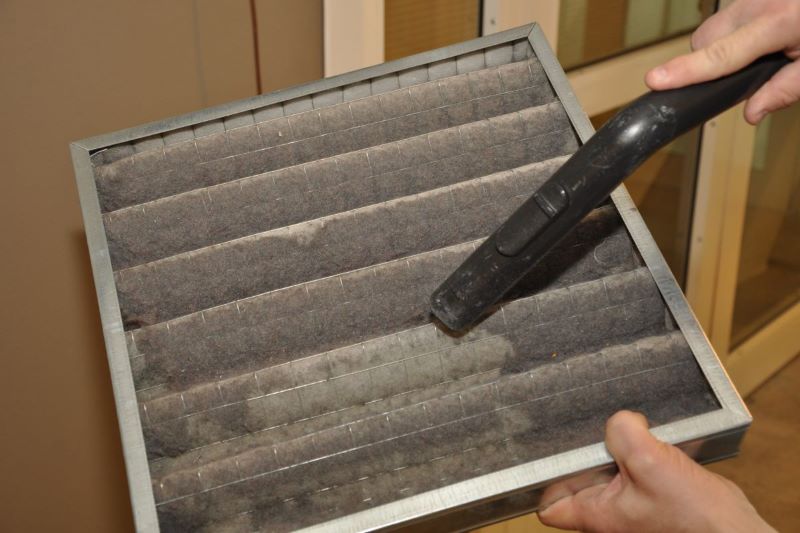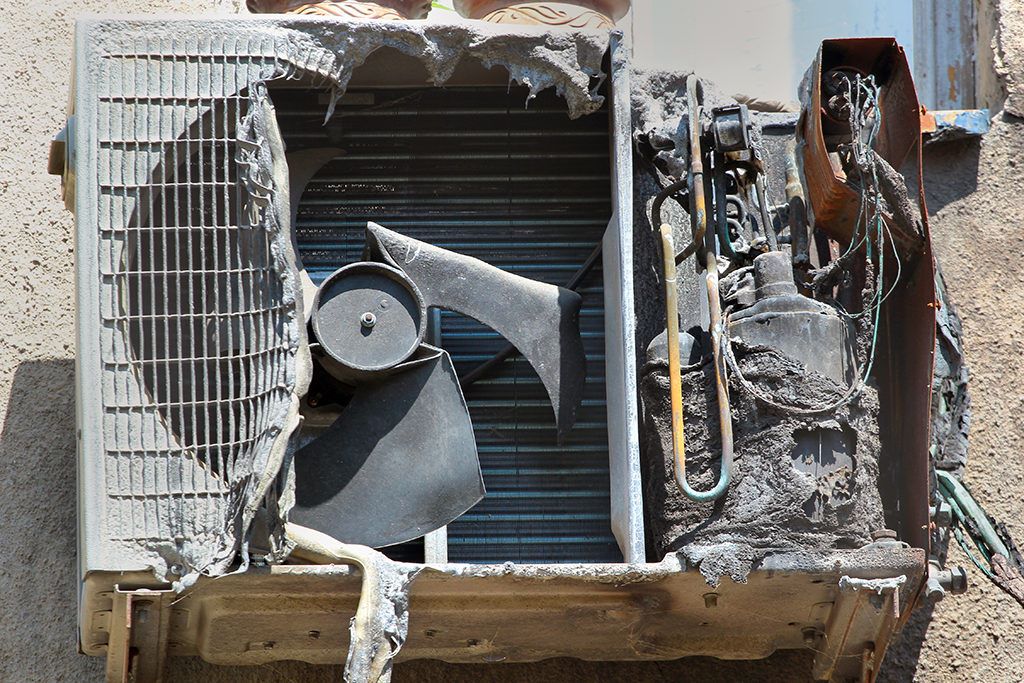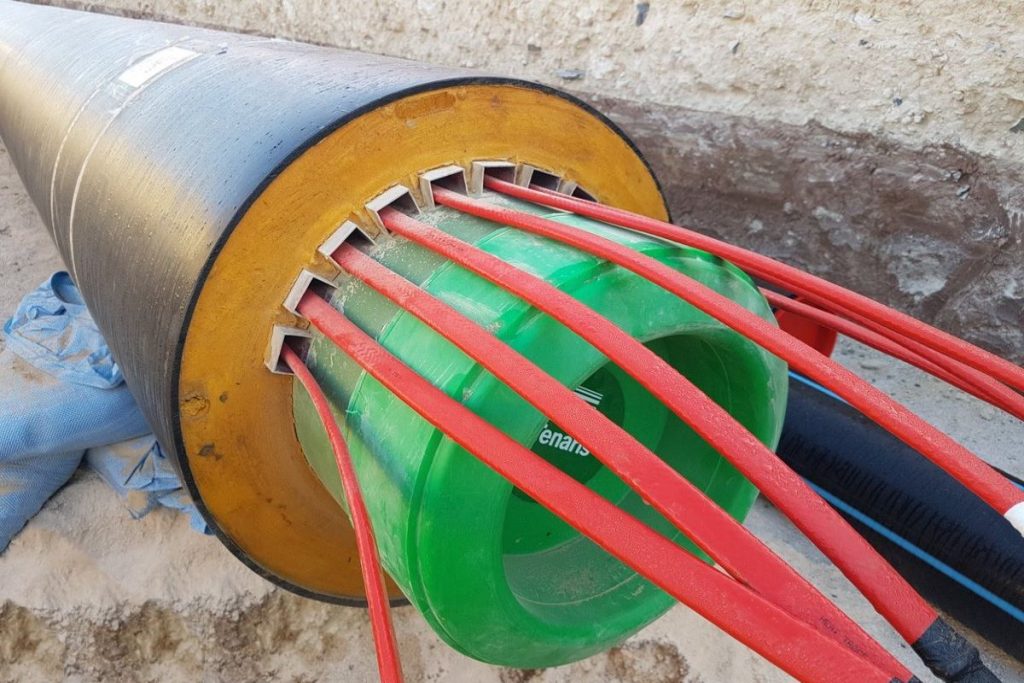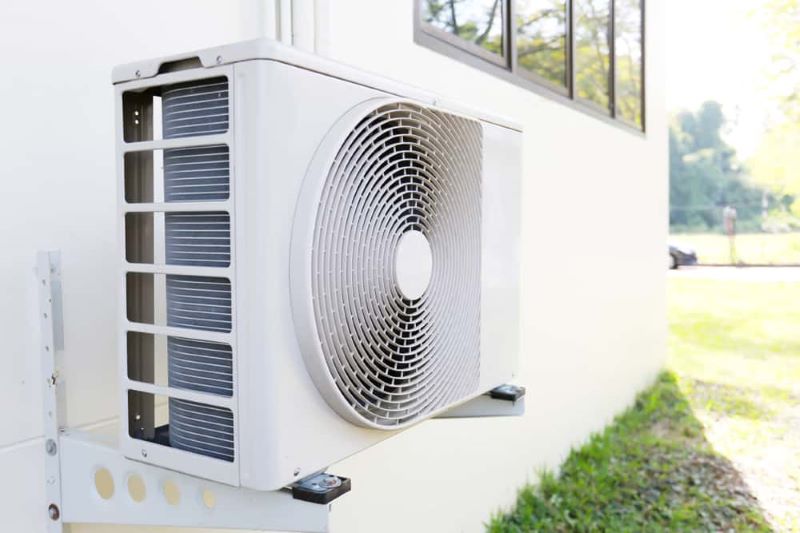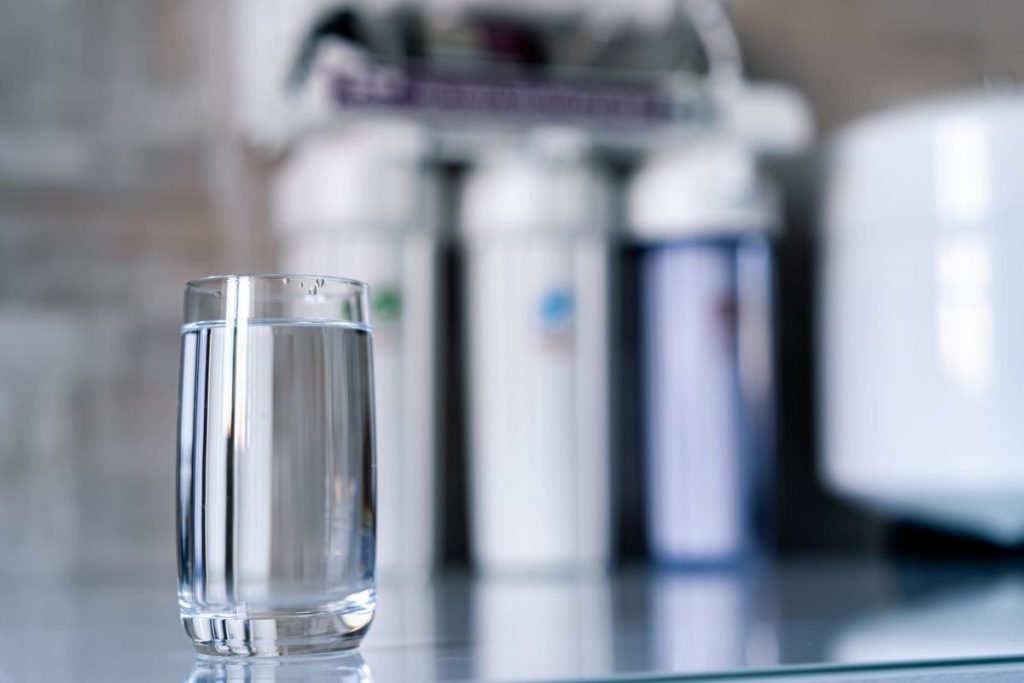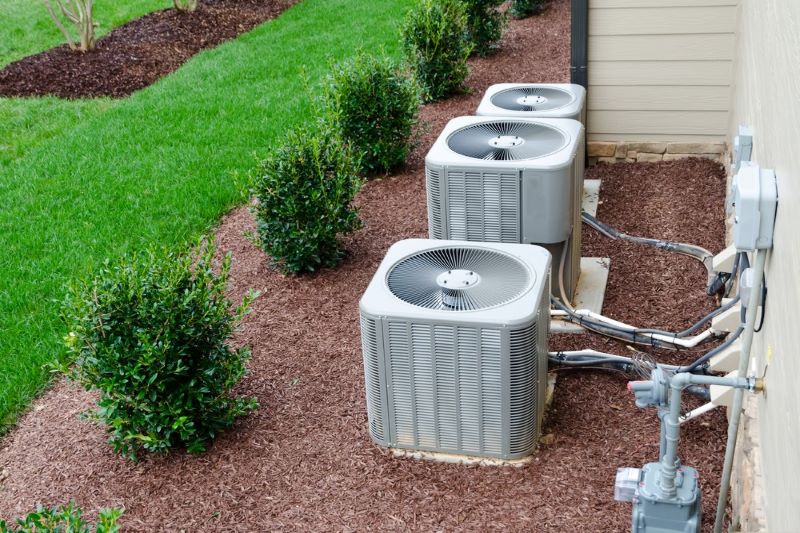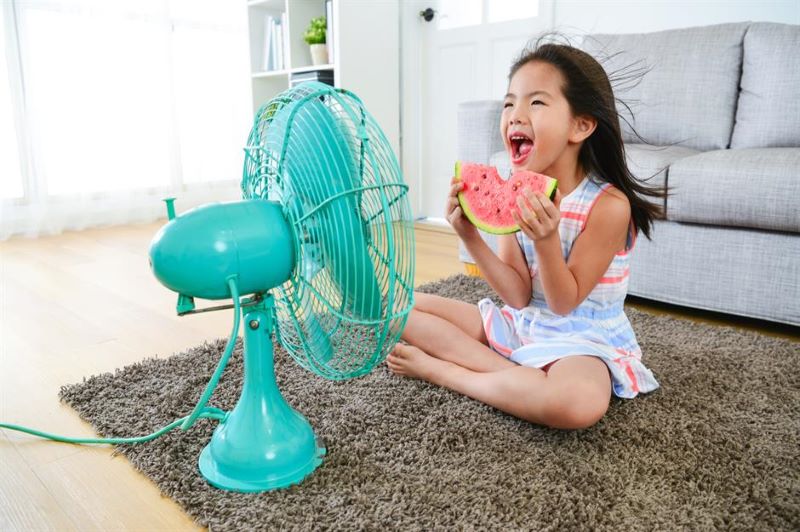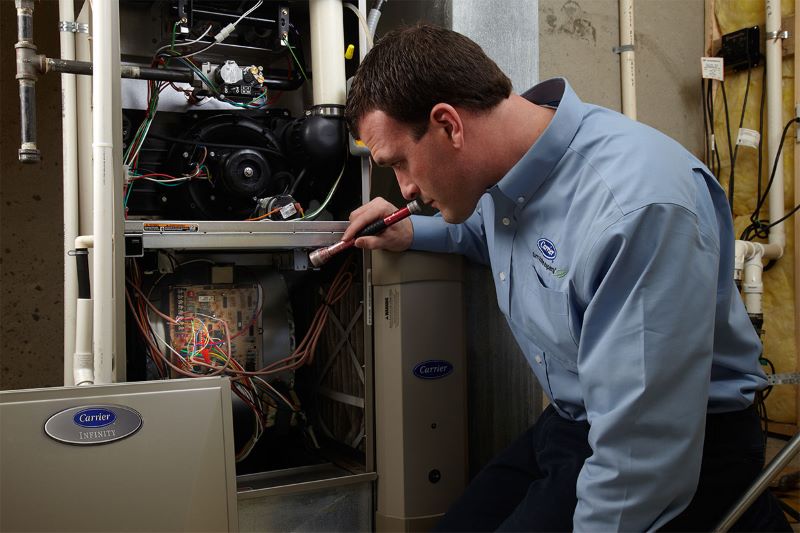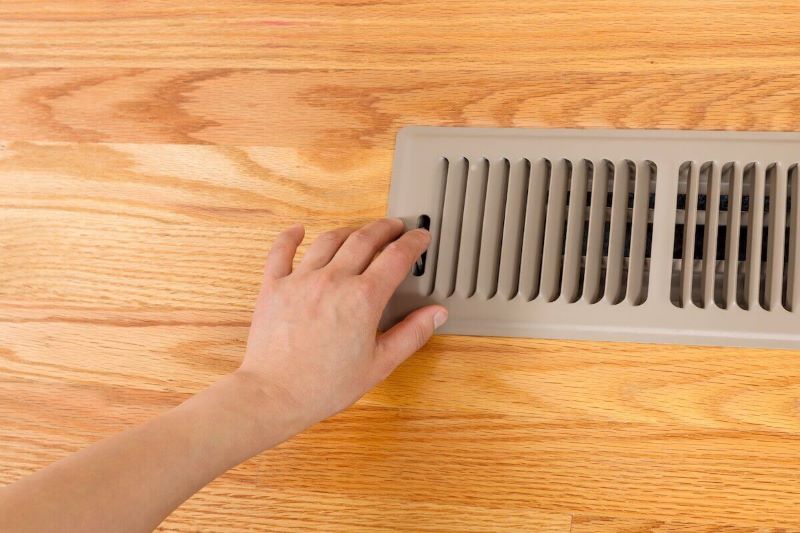Table of Contents
Your air filter is a key component in your HVAC unit running smoothly at all times. You will be amazed at how much harder your unit works when the filter is clogged or full of debris. This filter has a wide variety of benefits to you and your home when it is changed properly. By changing out your air filter you can breathe clean and unpolluted air at all times in your home. There’s just one thing most people have problems with when it comes to their filter. They always forget to change it. How can you help yourself remember to change it every month? Here are three tips to help you never forget when your HVAC filter should be changed.
Set an Alarm on Your Phone
Typically people have their phones with them everywhere they go. Try setting a monthly recurring reminder to change your air filter. Set the alarm to go off at the same time every month to help you get in the routine of changing it out. If you need to set one alarm to remind you to purchase the filter and one to remind you to change it out. This will help you to keep up with when it was changed and know when it needs replacing.
Schedule With Other Items
Sometimes it helps if you do two things in your home at one time. Schedule your filter change with some other item that needs to be done. Keep doing them together like having your pest control come and your filter changed the same day. That way when one is done it’s automatic to do the other one as well. By keeping both of them together it helps you to do both and make sure they are done. Consider buying several filters at a time so they are all there and you can just do that as well as your other chore.
Write it on Your Calendar
Mark the day each month on a calendar that is in a highly visible area. That will help you to make sure you have a reminder every time you walk by the counter or the door. It is easy to just write it down on your calendar and keep it marked for what day to change. Many people place stickers on their calendars so they can be sure to remember this each month on the same day. It doesn’t always have to be the same day as long as you remember to do it regularly in the same time frame. By keeping it clean and changed out you are not only helping your family but your HVAC unit as well.
Changing out your air filter is for more than just maintenance and a routine. It can affect the health of your family and friends if the filters are not properly changed. It can also affect your HVAC unit and how hard it has to work. Keep these filters changed regularly. Keep your air clean and unpolluted with allergens.
How Often Should I Change the HVAC Filter?
The frequency at which you should change your HVAC (Heating, Ventilation, and Air Conditioning) filter depends on several factors, including the type of filter you’re using, your indoor air quality, the level of usage of your HVAC system, and the manufacturer’s recommendations. However, here are some general guidelines:
Type of Filter
There are different types of HVAC filters available, ranging from basic fiberglass filters to high-efficiency HEPA filters. The more efficient the filter is at trapping particles, the more often it might need to be replaced. Here are some common filter types and their recommended replacement frequencies:
- Basic Fiberglass Filters: Every 1-3 months.
- Pleated Filters: Every 3-6 months.
- HEPA Filters: Every 6-12 months.
- Indoor Air Quality: If you have pets, smokers, or suffer from allergies, you may need to replace your filter more frequently. These factors can increase the amount of airborne particles and pollutants that your filter needs to capture.
Usage
If you use your HVAC system frequently, it will pull more air through the filter, causing it to get dirty faster. Homes in areas with high pollen counts or dusty environments may also require more frequent filter changes.
Manufacturer’s Recommendations
Check the manufacturer’s guidelines for your specific HVAC system and filter. They often provide recommended replacement schedules based on the type of filter and your usage.
Visual Inspection
It’s a good practice to visually inspect your filter every month. If it appears dirty or clogged, it’s time to replace it, regardless of the recommended replacement interval.
Regularly changing your HVAC filter has several benefits, including improved indoor air quality, better HVAC system efficiency, and prolonged system lifespan. Clogged filters can restrict airflow and make your system work harder, potentially leading to higher energy bills and more frequent maintenance issues.
In summary, while there are general guidelines for filter replacement, it’s important to consider your specific circumstances and check your filter regularly. Adjust the replacement frequency based on factors like filter type, indoor air quality, usage, and manufacturer recommendations to ensure optimal performance of your HVAC system.
What Happens if HVAC Filter is Dirty?
If your HVAC filter becomes dirty and clogged, several negative consequences can occur that can affect both your indoor air quality and the efficiency of your HVAC system. Here’s what can happen when your HVAC filter is dirty:
Reduced Airflow
A dirty filter restricts the flow of air through your HVAC system. This means that your system will have to work harder to push air through the clogged filter. Reduced airflow can lead to uneven heating or cooling in your home and may result in some rooms feeling less comfortable than others.
Decreased Efficiency
When your HVAC system has to work harder to maintain the desired temperature due to a dirty filter, it consumes more energy. This can lead to higher energy bills and reduced overall efficiency of your system.
Poor Indoor Air Quality
The primary function of an HVAC filter is to trap particles such as dust, pollen, pet dander, and other contaminants from the air. A dirty filter is less effective at capturing these particles, allowing them to circulate through your home. This can worsen indoor air quality, leading to allergy symptoms, respiratory issues, and discomfort for occupants.
System Strain and Wear
As your HVAC system struggles to push air through a clogged filter, it undergoes increased wear and tear. Over time, this strain can lead to mechanical problems, and breakdowns, and potentially shorten the lifespan of your system.
Icing or Freezing
In cooling mode, reduced airflow caused by a dirty filter can lead to improper cooling of the evaporator coil. This can cause condensation to freeze on the coil, leading to reduced cooling efficiency and even system shutdowns.
Uneven Temperature Distribution
Insufficient airflow due to a dirty filter can lead to uneven distribution of heated or cooled air throughout your home, resulting in uncomfortable temperature variations between different rooms.
Increased Maintenance Needs
A dirty filter puts additional stress on your HVAC system’s components, which can lead to more frequent breakdowns and the need for maintenance or repairs.
To avoid these issues, it’s important to regularly check and change your HVAC filter according to the manufacturer’s recommendations or based on your specific circumstances. Regular filter maintenance will not only improve indoor air quality and comfort but also contribute to the overall efficiency and longevity of your HVAC system.
